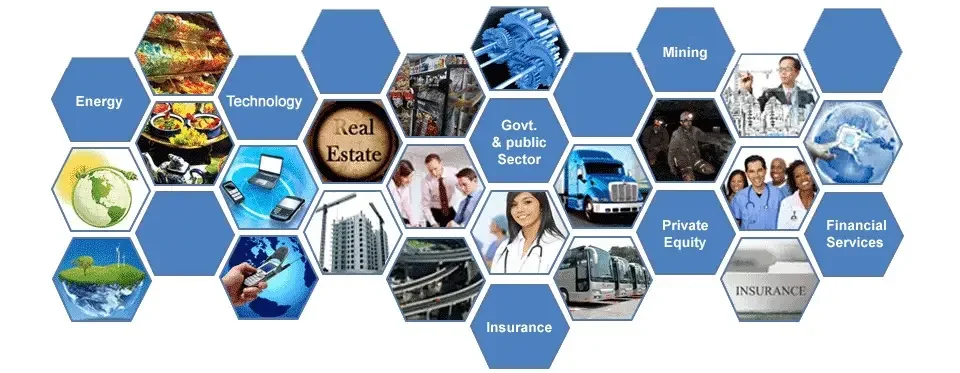Artificial Intelligence (AI) is not just a futuristic concept—it is actively reshaping industries across the globe. From healthcare to education and daily life, AI is improving efficiency, accessibility, and user experience. Here’s a deeper look at how AI is transforming these key sectors.
AI in Healthcare
AI is revolutionizing healthcare by improving diagnostics, patient care, and operational efficiency. With its ability to process large volumes of medical data quickly, AI is significantly enhancing the quality and accessibility of healthcare.
Advanced Diagnostics: AI-driven tools, such as IBM Watson Health, analyze medical images to detect conditions like cancer and heart disease with greater accuracy than traditional methods. A study in Nature Medicine revealed that AI outperforms radiologists in diagnosing breast cancer, offering a 5% higher accuracy rate compared to human experts.
Personalized Medicine: AI helps in the development of personalized treatment plans. By analyzing a patient’s genetic information and medical history, AI systems can recommend treatments tailored to individual needs. This is evident in how AI is used to predict which cancer treatments are most likely to succeed, improving patient outcomes.
Operational Efficiency: AI tools are optimizing hospital operations. For instance, Qventus uses AI to predict patient admissions and discharges, which helps in resource allocation and reduces wait times. These innovations streamline hospital workflows, reducing costs and enhancing service delivery.
AI in Education
AI is fundamentally changing how education is delivered, making learning more personalized, interactive, and efficient. These advancements are also reducing the administrative load on educators, allowing for a more effective educational experience.
Personalized Learning: AI tools like Knewton and Socratic are making personalized learning a reality. These platforms adapt educational content based on individual performance, helping students learn at their own pace. This tailored approach boosts engagement and improves learning outcomes.
Automation in Education: AI is automating repetitive administrative tasks such as grading, attendance tracking, and even lesson planning. By using tools like Gradescope and Turnitin, educators can spend less time on administrative work and more time engaging with students, thus improving classroom productivity.
AI and Gamification: Educational games powered by AI are becoming a valuable learning tool. For example, Duolingo uses AI to adjust the difficulty of language lessons based on the learner’s progress, turning language learning into a fun, interactive experience while enhancing the educational process.
AI in Daily Life
AI is increasingly integrated into our daily routines, often in ways we don’t notice. From smart home devices to personal assistants, AI is making our lives more efficient and convenient.
Virtual Assistants: AI-powered virtual assistants such as Siri, Alexa, and Google Assistant have become ubiquitous in everyday life. They help users manage tasks like setting reminders, sending messages, and even controlling smart home systems using natural language processing (NLP).
Smart Homes: Smart home devices, such as Nest thermostats and Philips Hue smart lighting, use AI to adapt to user preferences over time. For example, Nest learns your temperature preferences and adjusts automatically, reducing energy consumption when you’re not at home.
Health Monitoring and Wearables: Wearable AI devices like the Apple Watch and Fitbit track vital signs such as heart rate, sleep patterns, and physical activity. These devices provide personalized feedback, helping users maintain a healthier lifestyle and giving valuable insights into their health habits.
AI is not just changing industries; it’s enhancing the way we live, work, and interact with technology. Whether it’s improving healthcare outcomes, creating more personalized learning experiences, or integrating into our homes and wearables, AI’s influence is undeniable. As AI continues to advance, its potential to reshape our world in even more profound ways will grow. By understanding these impacts, we can better prepare for the future.






